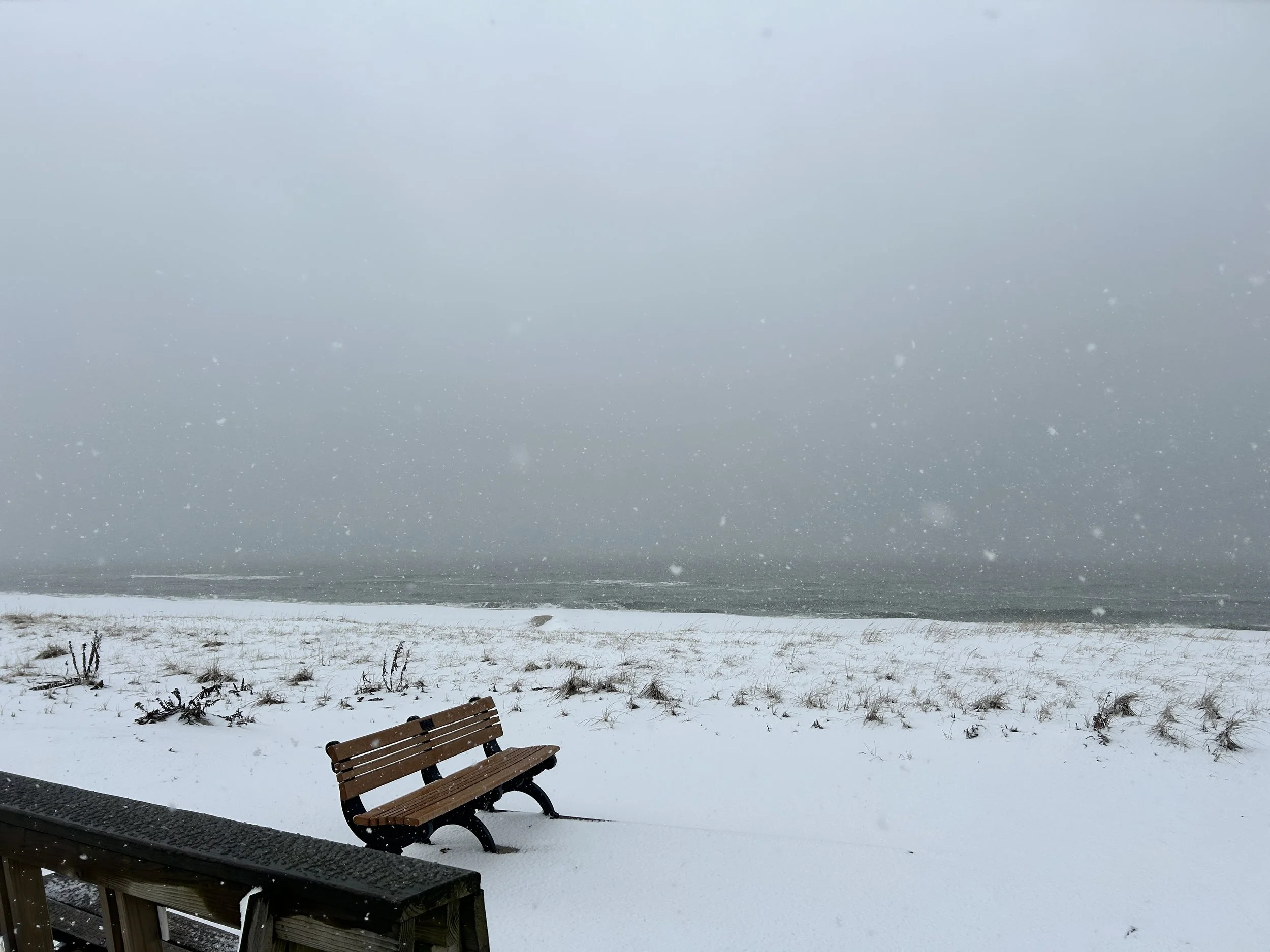How to Properly Winterize Your Long Beach Island Home
As the temperatures drop and the island quiets down, many owners start thinking about preparing their home for the off season. Winterizing an LBI property is more than just lowering the heat and locking the door. The salt air, coastal winds, and long stretches without someone inside the home make it important to create a plan that protects the house and avoids any surprises in the spring. Below is a simple guide that covers the most important steps to make sure your home stays protected all winter.
Set the interior temperature correctly
Homeowners often ask what temperature they should leave the heat at. In most cases, keeping your thermostat around 50 to 55 degrees is safe for a winterized home. You never want to shut it off entirely. Coastal homes cool down much faster than inland homes, and an unheated interior increases the risk of frozen pipes and humidity issues.
Properly winterize your plumbing
Turning the water off at the main line is only half the job. The safest option is to have a licensed plumber drain the system and blow out the lines with compressed air. This removes any leftover water that could freeze and expand. Do not forget outdoor showers, ice makers, washing machine valves, and hose bibs. Many owners assume their water is fully off but still have a low point in the plumbing with standing water that eventually freezes. A professional can confirm everything is cleared correctly.
Protect your water heater
If you plan to completely winterize the house, your plumber can drain the water heater as well. This prevents sediment from sitting all winter and reduces the chance of corrosion. For tankless systems, your plumber will flush the unit and follow the manufacturer instructions to avoid freeze related damage. This is especially helpful on LBI since the water quality is not the best and a lot of the older sewer lines and pipes in the area carry sediment and rust that can build up inside a tank over time.
Service your heating system before it gets cold
A heater that has not been serviced in years is more likely to fail in the middle of winter. A basic inspection includes checking the flame sensor, cleaning the interior, confirming proper venting, and replacing filters. This gives you peace of mind if the house will be empty for a few months.
Battery-related items
Many owners also forget about anything in the home that relies on batteries. Before leaving for the season, it is worth checking smoke detectors, carbon monoxide detectors, thermostat batteries, outdoor keypads, and any wireless sensors you might have. A weak battery can trigger nonstop chirping in an empty house, which often leads to a neighbor calling you, or in some cases police doing a wellness check. Swapping batteries before you close the home prevents unnecessary headaches and makes sure all your safety devices are working through the winter.
Inspect exterior areas that are often overlooked
Make sure gutters are clear so melting snow or rain drains properly. Look at your bulkhead, railings, decking, and any exposed hardware since salt air causes faster deterioration. Close and lock all storm windows. Remove or secure outdoor furniture since one strong storm can send lighter items into a neighbor’s yard. This is a good time to check that your sump pump works if your home has one (not super common on LBI, but not unheard of).
Landscaping
It is also worth taking a quick look at your landscaping before closing up the house. Trim back any branches that hang close to the roof or siding, since winter winds on the island can push them into the house and cause damage. Make sure gutters and downspouts are clear so water can move away from the foundation. If you have irrigation, have the system blown out by a professional so there is no standing water in the lines. Even simple steps like securing loose outdoor items, checking fencing, and removing anything that could move in a storm help protect the property through the winter.
Consider smart temperature and monitoring systems
There are newer systems that allow you to check your home’s temperature on your phone from anywhere. Some offer alerts if the interior drops below a set point or if the humidity spikes. This eliminates the constant back and forth to the house during the winter. Some of these systems can also be implemented to monitor your plumbing for potential leaks. For many owners, one alert that prevents a burst pipe makes it worth the investment.
Use a reputable cleaning service before closing the home
Even if you do not need a full deep clean, a quick walk through to remove trash, empty fridges, clear food items, and check for moisture goes a long way. Nothing is worse than coming back in the spring and finding a smell that could have been avoided.
If you want help
If you prefer not to handle this on your own or simply want an extra set of eyes on your property, you can always reach out to me. I am happy to stop by, make sure everything looks good, and let you know if anything needs attention. Living on the island year round makes it easy for me to help clients take care of their homes during the quieter months.


